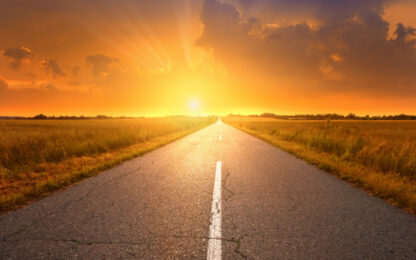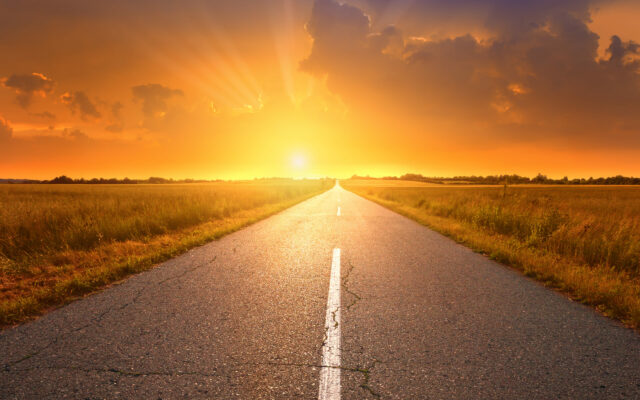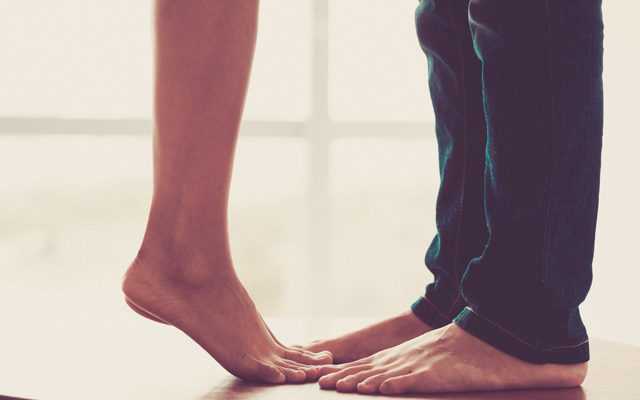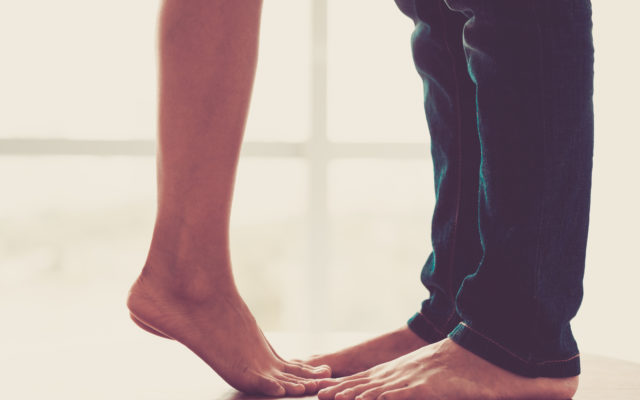How safe is it to point your smartphone at the sun during an eclipse?
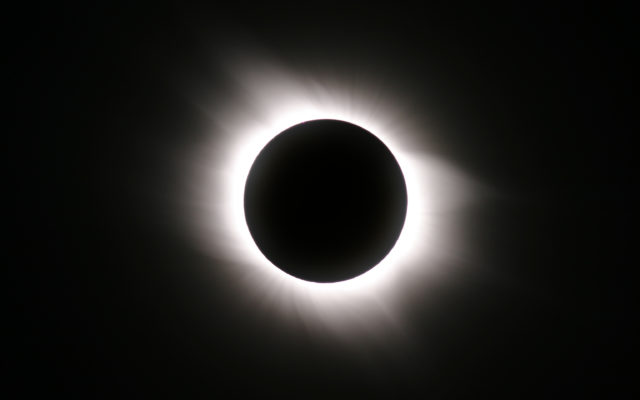
The solar Eclipse is taking place on Monday, April 8, and it will be the last total solar eclipse people in the continental United States will witness until August 2044. Thanks to its rarity, people across the U.S. are gearing up to witness the event in whatever way possible and are left wondering if they can use their smartphones to capture this moment.
New data by SlashGear shows there’s been a staggering 700% increase in Google search trends for “Can I take a photo of the eclipse with my phone” in the past week, while searches for “Is it safe to take a photo of the solar eclipse” have soared by 300%, showing a massive surge in interest in the past few hours.
Similarly, SlashGear reports a whopping 250% increase in Google searches for “Camera store near me,” implying a sudden interest in purchasing special cameras or filters to capture the solar eclipse.
So, how safe is it to point your smartphone at the sun during an eclipse?
After the last solar eclipse in 2017, many rental cameras used during the phenomenon were returned damaged, and now experts are warning against using smartphones, as lenses have gotten bigger over the years and could be at greater risk of damage. In fact, experts at SlashGear believe the eclipse could potentially “fry” your mobile device — and considering many phones now cost upward of $1,000, it’s not a risk worth taking.
If you fail to use a properly made solar filter, your phone’s sensor could stop working properly within a minute or two. In other cases, everything may seem fine until days later, when you notice a general decrease in photo quality.
Additionally, experts warn that you may even damage your eyes if you accidentally look at the solar disk while pointing your smartphone toward the sun.
How to safely photograph the solar eclipse with your smartphone, according to experts
Finding the right glasses to protect your vision only covers part of the equation —you also need an ISO-certified filter to protect your phone’s camera from solar damage if you plan to snap your own photos.
This filter is a special piece of plastic or glass covering the camera’s lenses, protecting them and the sensor from damage. The American Astronomical Society (AAS) says the standard you should look for when buying solar eclipse glasses is ISO 12312-2, rated for “direct viewing of the sun.”
Where to buy solar eclipse camera filters for smartphones
Below is a list of vetted manufacturers and companies that sell solar eclipse filters and viewers supported by the American Astronomical Society:
Additionally, SlashGear recommends that, given the risks to your eyes and expensive smartphone cameras, you should avoid using homemade or DIY camera lens filters to photograph the 2024 solar eclipse.
Professor Chris Flook, a videographer and senior lecturer of media at Ball State University, talked exclusively to SlashGear about the risks of attempting to document the eclipse and revealed a simple solution if you don’t have a filter:
“I don’t shoot videos or photos of the sun on my phone without some kind of filter. During the partial eclipse of 2017, I cut apart a pair of eclipse glasses and taped one side over my iPhone camera lens, and it worked great. Larger smartphone cardboard filters also exist, but you have to hold or tape them over the lens when shooting.
To do any kind of solar photography, use ISO-certified eclipse glasses as you set up your shots. If you are in the path of totality, it’s fine to shoot video and photos of the sun unfiltered during full totality, but then and only then.”



